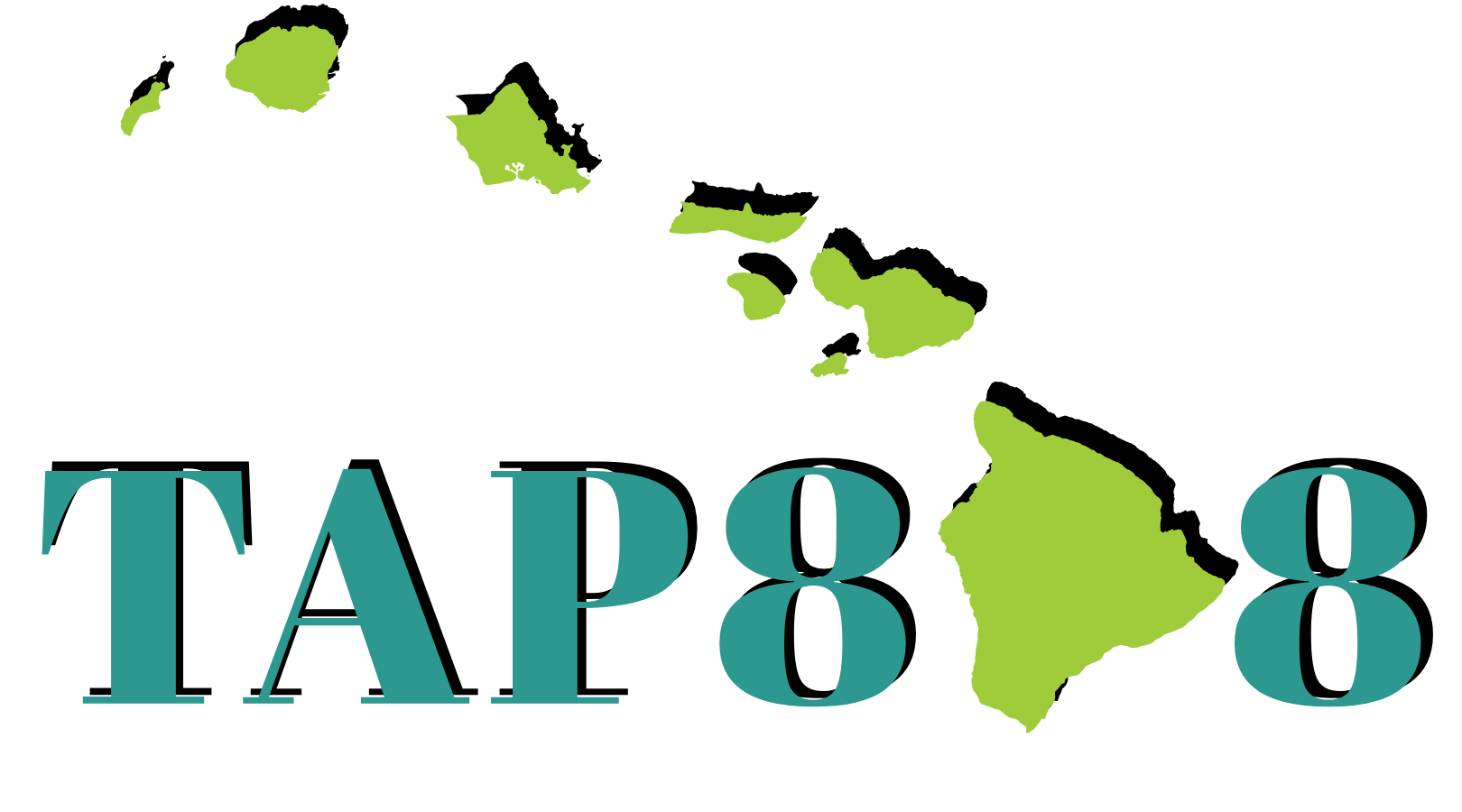How to Support a Friend
“A friend is a friend til the end of the end- that’s forever cause that’s what friends do” – A Very Wise Sponge
As a survivor of relationship violence, my friends were not there for me. They took the side of the abuser and began to spread the same lies that he was saying in order to mask the real truth, even the friends that I had had since elementary school. In the moment, I was not sure what hurt worse: my boyfriend’s betrayal or my friends. I was forced to move schools and start over half way through my junior year. Sadly, this is not too uncommon. But, there are also stories of amazing friends who stuck by their friends and helped them get from a victim to a thriving survivor. I heard a story like this when I met my roommates in college. My roommate was also in an abusive relationship in high school, but her friends were a little more knowledgeable on teen dating violence. See, they knew how to be supportive in this situation and they were true friends. With their help, my roommate was able to graduate from her school, continue to have the same friends, and have an easier time with the healing process. Friends can make a huge difference in the life of a teen dating violence victim, and I wish that my friends would have known that. I wish they would have been like my roommates friends and followed the advice of Spongebob in “That’s What Friends Do.”
As an upstander:
Never tell your friend to break up with the abuser. This is problematic for two main reasons:
1). Leaving an abusive relationship is the most dangerous time in that relationship. Around 70% of the murders that happen in domestic or dating violence relationships happen when the victim is leaving.
2). On average, it takes at least 7 instances of abuse for a victim to leave an abusive relationship. So, be patient and understanding.
· Never blame them for the abuse - abuse is never the victim’s fault
· Tell them, “It’s not your fault," and "You don’t deserve to be hurt.”
· Let them talk, don’t interrupt, and believe them
· Call out the abusive behavior, but don't put down their dating partner. Your friend will likely get defensive and may not feel like you're a safe person to talk to in the future
· Your friend may not be ready to leave their relationship, support their choices
· Show your friend that you are a safe person to talk to and you'll support them with their decisions
· Help them safety plan and make sure they're safe
· Suggest help and resources for your friend, such as TAP808, the crisis text line 741-741, or other community resources.
Getting help isn't always easy, but it's a lot easier knowing you’re not alone.


